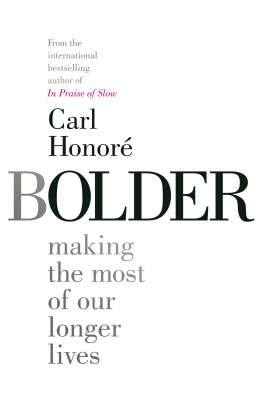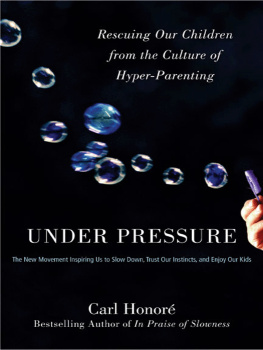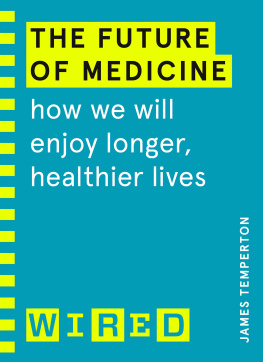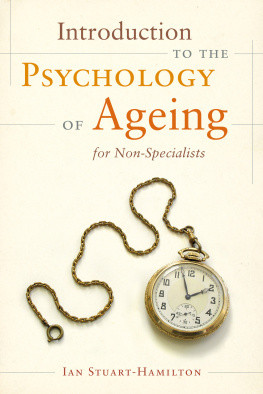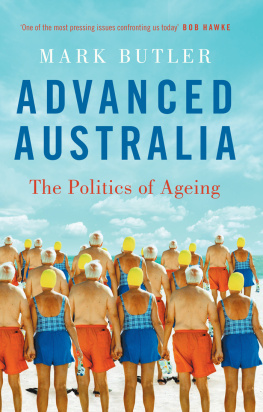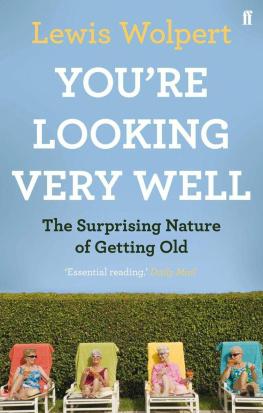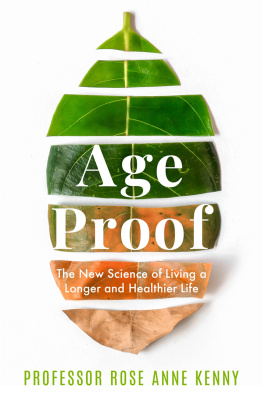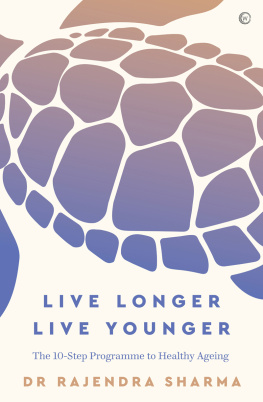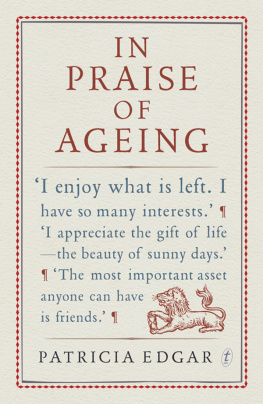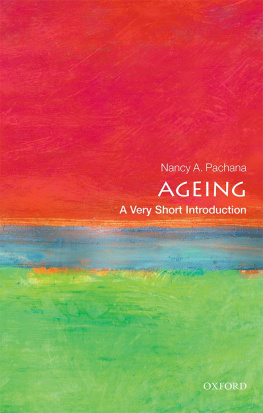To Maurice and Danielle
Age is an issue of mind over matter.
If you dont mind, it doesnt matter.
Mark Twain
INTRODUCTION
B IRTHDAY B LUES
Hope I die before I grow old.
PETE TOWNSHEND ,
My Generation
I have been chasing a ball with a stick for decades. Hockey is so much more than my favourite sport: its a punishing workout, a chance to hang out with friends and a link to my Canadian roots. It is also a way to dodge the fact that I am growing older. As long as I play hockey, I can put off thinking about my age and what it means. What is there to worry about when I still feel like a teenager every time the ball touches my blade?
Then came that tournament in Gateshead, a blue-collar town in the north of England.
With the clock ticking down in the quarter-finals, my team was locked in a stalemate with opponents we had annihilated the year before. I could feel the nerves and indignation coursing through our squad. Then, in the final minute of the game, with a penalty shootout looming, I pulled off one of the hardest tricks in hockey.
To restart play, the referee drops the ball between two rival forwards. This face-off is a test of strength, balance, reflexes, handeye co-ordination and speed of thought. The aim is to win control of the ball. Scoring straight from a face-off is rare. In that quarter-final, though, I did just that, snapping the ball into the bottom corner of the net five metres away before anyone moved. My face-off rival swore under his breath. The beaten goalkeeper whacked his stick on the ground in disgust. My team was in the semis and I was walking on air.
After the post-whistle hugs and high fives, and with the goal still replaying in my mind, I wandered into the dressing room. There, on the other side of a mountain range of damp, smelly hockey gear, a tournament official was scrolling through the team profiles, comparing ages. The youngest player was 16. The oldest? Mate, its you! he cried, a little too gleefully. Youre the oldest player in the whole tournament!
I was 48 years old at the time, with greying hair and crows feet to match. But the news still knocked the wind out of me. Scoring a highlight-reel goal to win the quarter-finals was instantly eclipsed by the damning arithmetic: there were 240 players at the tournament and all of them were younger than me. In the blink of an eye, I had gone from Goalscorer to Grandad.
As I left the dressing room and began sizing up the other players at the tournament, the questions crowded in: Do I look out of place here? Are people laughing at me? Am I the hockey equivalent of the fifty-something guy with the twenty-something girlfriend? Should I take up a more gentle pastime? Bingo, perhaps?
It comes to all of us in the end: that icy, crushing moment when you suddenly feel Old. Your birthdate, once just numbers in a passport, turns into a taunt, a memento mori, whispering proof that youre over the hill and on a one-way track to elasticated waistbands and the rocking chair. Life as you know it, as you want it to be, is over. You start worrying about what is age-appropriate. Is this outfit too young for me? This haircut, this job, this lover, this band, this sport? The trigger might be a milestone birthday, an illness or an injury, a romantic snub or a missed promotion at work. It might be the death of a loved one. For me it was being the oldest player at a hockey tournament.
Look a little closer, though, and you find a silver lining: more of us than ever before are now living long enough to be goalscoring grandads. That is because the 20th century unleashed a longevity revolution. Better nutrition, health, technology, sanitation and medical care, along with less smoking and rising incomes, are helping us live much longer. Global life expectancy at birth has more than doubled from 32 years in 1900 to 71.4 years today, with the figure now topping 80 years in the rich world. In 1963, Japan began giving a silver sake dish known as a sakazuki to every one of its citizens who turned 100. The tradition ended in 2015 because Japanese centenarians are now too numerous.
This is not to say that no one lived to a ripe old age in the past. Average life expectancy was so low through most of history because child mortality was so high. If you survived into adulthood in the pre-industrial era you could end up living a long time. Records suggest that up to 8 per cent of the citizens of the Roman Empire were aged over 60, and that more than 10 per cent of the population of England, France and Spain were that age in the 17th and 18th centuries. Isaac Newton died at 84. From time to time the odd superager even made headlines. England fell under the spell of a farm labourer named Thomas Parr who claimed to be 152 years old when he died in 1635. Despite claims he had confused his birthdate with that of his grandfather, the English public lapped up stories of his spartan diet (subrancid cheese and milk in every form, coarse and hard bread and small drink, generally sour whey) and colourful love life, which included doing penance for adultery and siring a child out of wedlock as a centenarian. Such was his fame that Old Parr was painted by Van Dyck and Rubens and buried in Westminster Abbey.
Though no one has come close to living as long as Parr claimed to have done, the longevity revolution is, by any yardstick, a huge leap forward, a soaring monument to human ingenuity, a cause for celebration and yet often it doesnt feel that way. Why not? Mainly because our attitude to ageing has failed to keep pace with the demographic bounty spreading out before us. Rather than crack open the champagne to toast all those extra years of life, we more often double down on the idea that growing older is a Bad Thing. Instead of savouring our hockey heroics, we freak out about our receding hairlines.
Consider how public discourse routinely presents the surge in longevity as a buzzkill trend to place alongside climate change and economic inequality. Media reports that the global centenarian population now tops 450,000 or that the over-65s will soon outnumber the under-fives are usually seasoned with phrases such as silver tsunami and ticking time bomb. The prophets of doom warn that all this long living will bring economic sclerosis, labour shortages, fiscal meltdown, plummeting stock markets, the collapse of social services, intergenerational warfare, the end of innovation. If we dont start loosening the rules on euthanasia, they warn, we will be swamped by incontinent oldsters who never shut up about how much better life was in the past.
Our own personal ageing inspires similar dread. When was the last time you met someone looking forward to hitting 40 or 50, let alone 60 or 70? True, surviving past 80 or 90 can become a point of pride, but before then the very idea of growing older usually evokes fear, angst, scorn, even revulsion. We cleave to the view that ageing is a curse, that after a certain point each birthday makes us less attractive, less productive, less happy, less energetic, less creative, less healthy, less open-minded, less loveable, less strong, less visible, less useful less ourselves.
Everywhere, the message is the same: younger is better. Traffic signs depict older people hunched over walking sticks and the cosmetics industry markets anti-ageing products as if ageing were a disease. These days its hard to find an adult birthday card that doesnt mix good wishes with pity and persiflage. One shows a woman recoiling in B-movie horror beneath the words, Good God, youre 30!!

